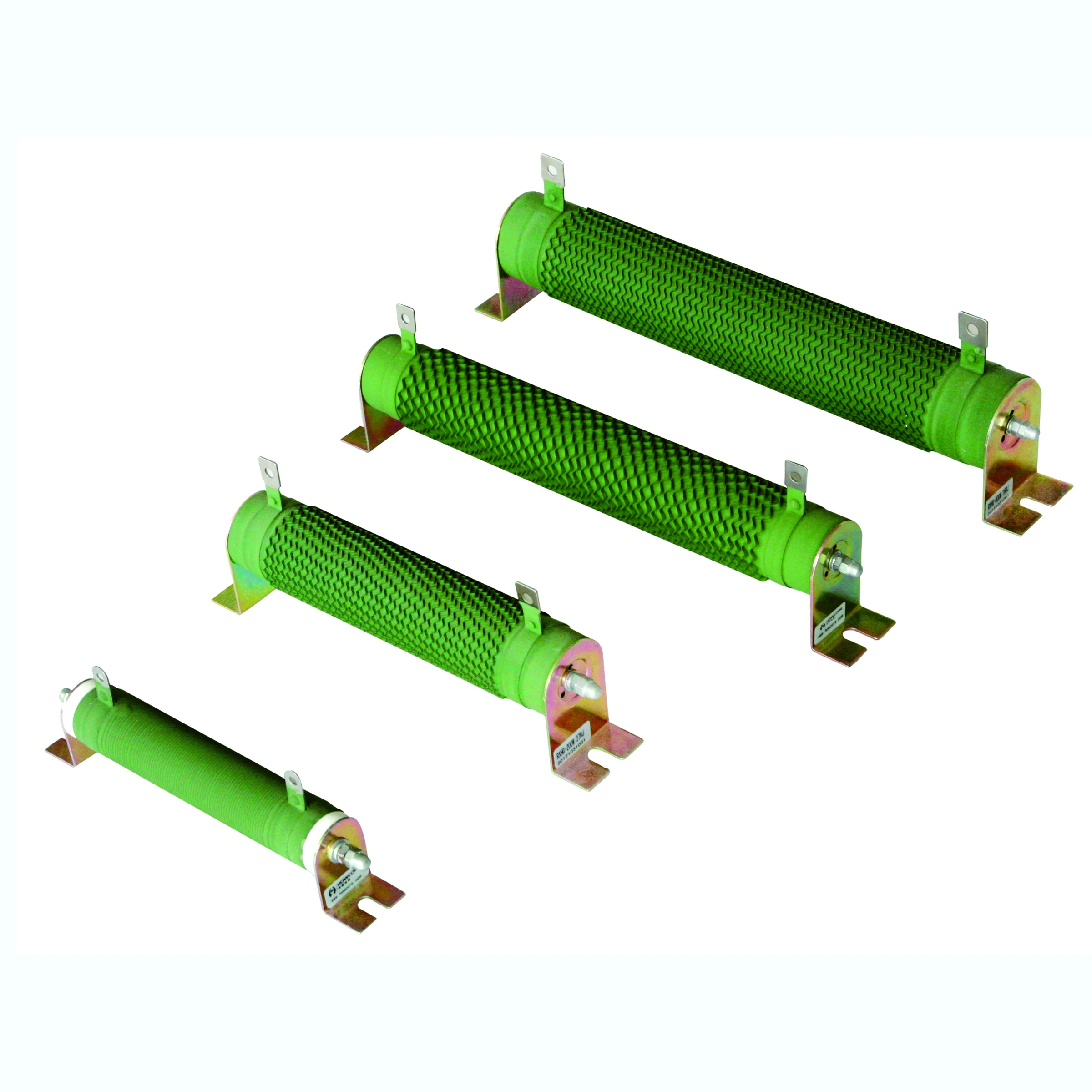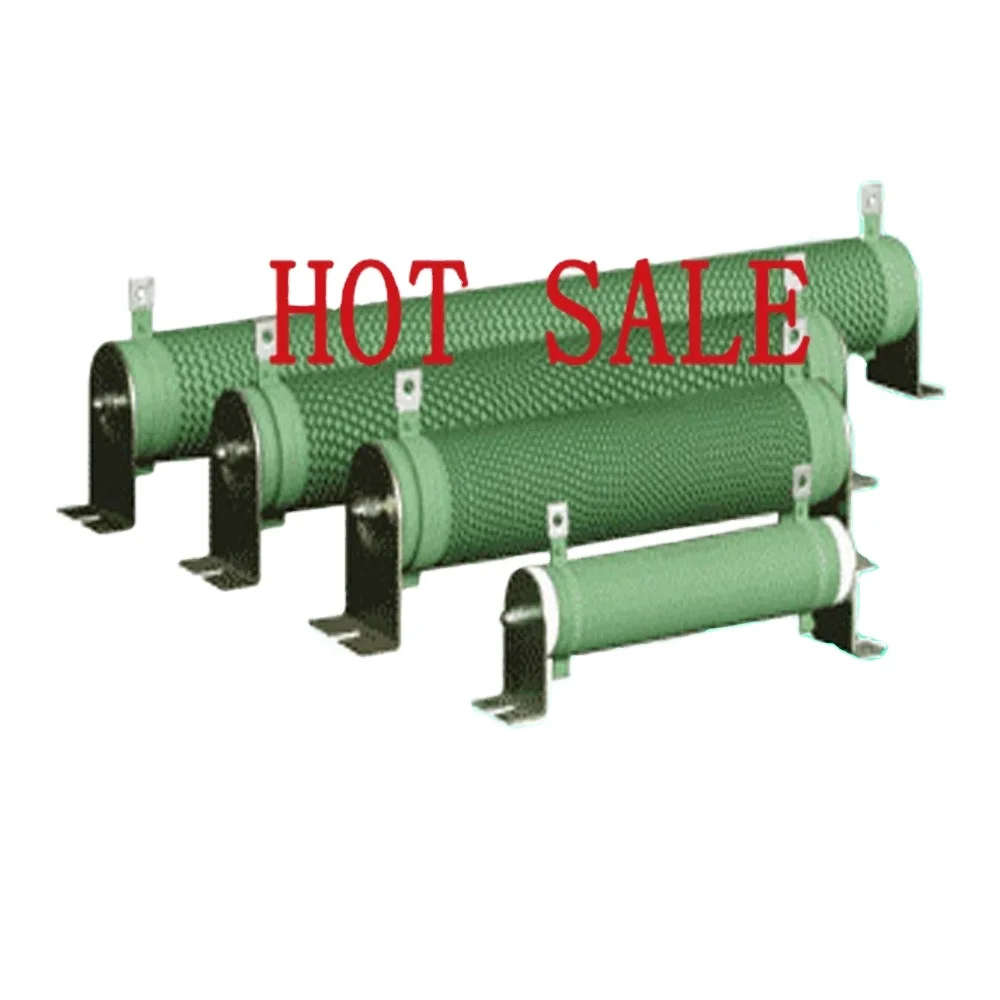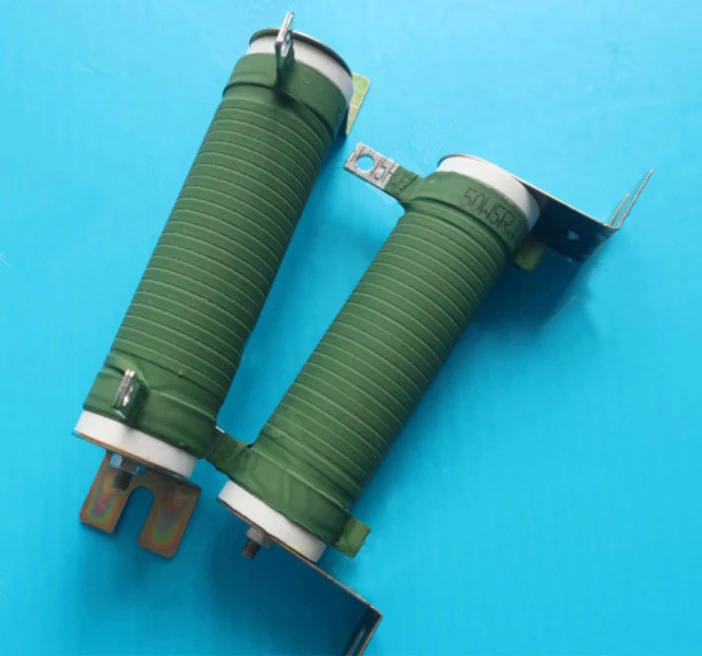WhatsApp: +86 13564535011
One of the major components in electrical systems using inverter technology is the Inverter braking resistor. These are components that regulate the energy of engines while slowing down by converting excessive loads to heat so that a controlled slowdown can be realized. Inverter Braking Resistors are an integral component in large industrial processes which use inverter technology to regulate speed, motion and torque regulate in processes such as use of parts like conveyor systems, cranes lifting systems, elevating systems, automotives and even robotics. Such resistors facilitate quicker and safer stop, especially when the control of velocity is critical for such tasks.. Selecting an appropriate inverter braking resistor could become confusing due to the numerous parameters available in datasheets. it’s power rating should be the same or slightly more than that of a motor (aligned with motors ratings). Another factor which affects the right inverter braking resistor is the resistance value. This factor dictates how quickly a motor slows down once it has had its power output seized as well as thermal mass capacity which will affect high charger can be absorbed. Maintenance of the resistors. Regular maintenance should be scheduled to ensure the inverter braking resistor does the work that is necessary when needed. In addition to this, the mains should be placed in accordance to the efficient leakage of heat to not over heat especially when placed in enclosed areas which may even require cooling solutions. Regular checks should be conducted to clean the resistor terminals to prevent corrosion as a result of the elements around. Resistance that has increased will result in heat generation. Wiring and connections should also be checked where machinery vibrations may cause loose connections or damage them affecting the performance of the resistors. Trouble shooting common inverter brake resistor issues. Inverter braking resistors and so on may experience failures in long term uses, here are a few: issues of over grade fever or voltage drop, braking failing of failures elsewhere as a result of factors in proximity such as over load conditions, wiring contacts being forced out of place etc, would require going to the source of the failure. High heat generation can be avoided by the optimal ventilation of the area as well as optimal mounting of the resistor. Voltage drop due to under spec wiring can cause the braking snap to fail causing the brake to jam, this should be counteracted by using wires of the right gauge as well as what the manufacture recommends. Damaged wires to the braking transistor should also be checked and replaced with professional help. In conclusion, they are important accessories for inverter technology based applications. Selecting the right resister for each application and maintenance needs fullness will significantly increase their longevity of the resistors for a more efficient medium running of industrial procedures.
Industrial environments often utilize inverter braking resistors to control the speed, motion and torque of a variety inf machinery such as conveyor systems, cranes, elevators or robotics. Such resistors enable safer and quicker stopping, such as in applications where precise control of velocity is needed.

With the number of parameters found in datasheets, selecting an ideal inverter braking resistor can get confusing. The power rating of the resistor should also be same or more than that of motor (aligned with motors ratings). It should also consider resistance value, which determines how fast the motor will slow down once power is removed and thermal mass capacity that affects high much heat can be absorbed.
How Your Inverter Braking Resistor Is Kept at Top Performance
Keeping on top of regular maintenance is important to make sure that your inverter braking resistor does the work necessary when you need it. Due to this, correct placing with regard the effective leakage of heat is very essential in order that it does now not over warmth especially while positioned within enclosed areas which may also need other cooling solutions. It is important to perform regular cleaning and inspection of the resistor terminals for corrosion or oxidation caused by exposure to elements over time as an increase in resistance will lead to heat generation. Not only that but, wiring and connections should also be checked to ensure they are neither loose nor damaged as this could have a huge impact on maintaining the resistors performance.

Inverter braking resistors and so on may be fail in long time using, like: over grade fever or voltage drop,braking failure because of other reasons such as overload conditions, wiring appearance force malfunction etc. Fixing these things requires going to the source of it all. Proper ventilation and proper mounting can prevent heat, while the right wire gauge (and following manufacture recommendations) acts against voltage drop. A fault in the wiring or a damaged braking transistor can cause brake failure and requires professional repair or replacement.

Inverters: Inverter Braking Resistors are an essential accessory for inverter technology based applications. Correct selection of the resistor and periodic maintenance should be done if you want to enhance your resistors longevity for smooth running of industrial processes.
company has passed IS9001 International Quality System Certification, CCC national compulsory product certification as well as CE International Safety Certification; approved by Shanghai Science Technology Commission and has been given title Shanghai High-tech Enterprise Technology-based Enterprise, Software Enterprise, Advanced Quality Management Enterprise, and Contract-abiding inverter braking resistor. company's annual production capacity is the 200,000-set mark. products of the company utilized extensively in electric power industry, chemical and metallurgy industries, natural gas, transport machines, textiles, machine tools as well as a range industrial applications, including food production, paper production, wires cables.
company has contemporary manufacturing and production site located Songjiang Export Park. The company exports its goods over 60 inverter braking resistoraround the world. also have distribution agencies, after-sales services, and service centers in United States and Europe. Sanyu is a member of DHL, UPS and FedEx and is able to provide customers with fastest and best service.
Shanghai SANYU can found within Songjiang District of Shanghai. A high-tech firm specializes R D and inverter braking resistorof inverters soft starters controlled control cabinets that are automated. The company's production, manufacturing and sales history can be traced to Shanghai SANYU Electronic Equipment Co., Ltd., which was founded in 2004. Presently, the company employs an R D team of doctors masters, masters, senior engineers. Every year, the company targets trends in the industry and develops products that are industry leaders.
company specialized in the production, research and development wind power inverter braking resistorand photovoltaic equipment inverters, as well as frequency conversion energy-saving equipment. products offered by the company include soft starters for high and lower voltages, inverters for high and lower voltages, and solar photovoltaic convertors. company provides customized services.